T-Mobile's standalone 5G network takes yet another huge step forward with new speed record

Equally focused on breaking largely theoretical new 5G ground and delivering practical network upgrades its customers can actually experience in the real world already, T-Mobile has recently managed to extend its lead over the competition in nationwide speed tests while also rolling out Voice Over 5G technology... on a fairly limited scale.
The "Un-carrier's" latest incredible breakthrough is likely to make an even smaller short-term impact on real-life user experiences than VoNR (aka Voice Over New Radio or Voice Over 5G), which doesn't make it any less breathtaking and difficult to match by Verizon and AT&T.
Verizon still has the mmWave (lab) supremacy
In a nutshell, T-Mo has managed to squeeze speeds of over 3 Gbps out of a commercial Samsung Galaxy S22 on a "live production" network, which is apparently a(nother) "global first" for the clear early leader of the competitive US 5G wireless landscape.
This outstanding achievement was done by merging two 2.5 GHz Ultra Capacity 5G channels and one extra channel of 1900 MHz spectrum on the world's first "nationwide" standalone 5G network, which is still unrivaled in the US even almost two years after its original deployment.
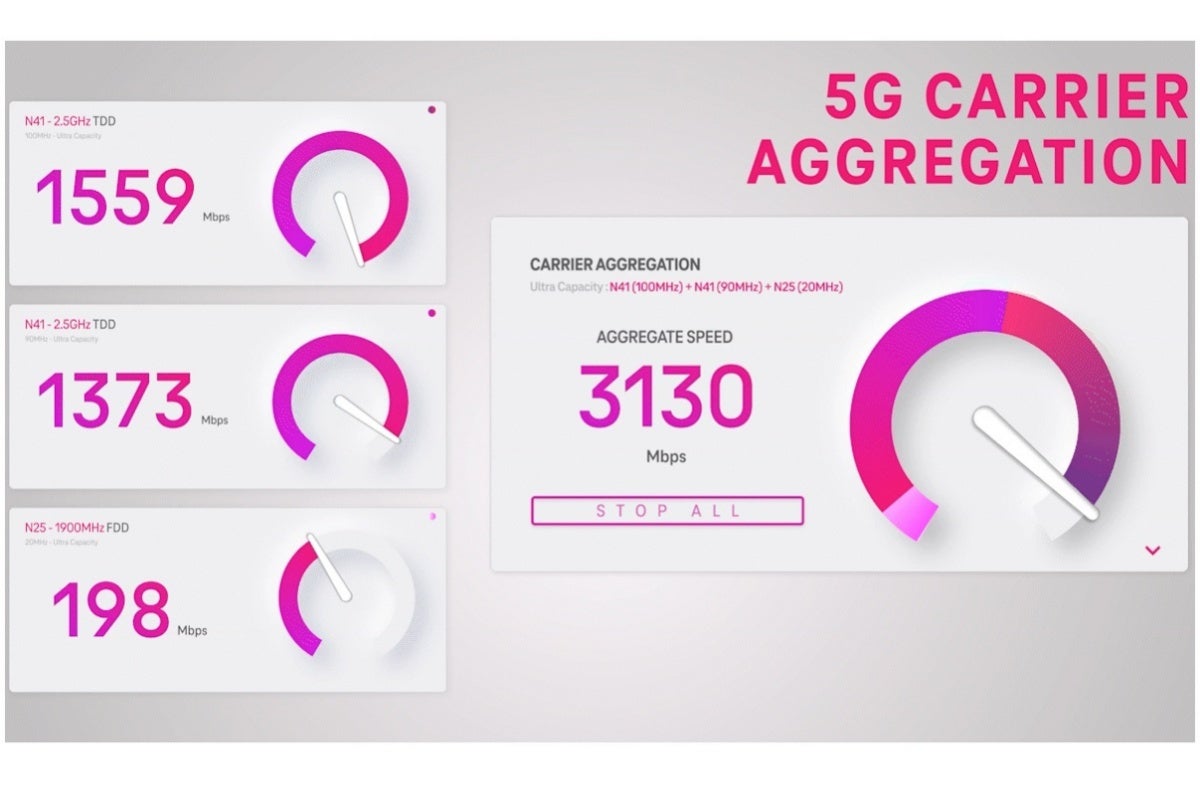
Of course, Verizon pulled off 5+ Gbps 5G speeds (in a lab) back in 2020, but there are a number of key differences between the two feats that are definitely worth highlighting. In addition to relying entirely on 5G technology thanks to the aforementioned "standalone" signal, T-Mobile's record involved no millimeter wave spectrum whatsoever.
At least in theory, that means it should be a lot easier to replicate those 3+ Gbps numbers by actual users... at some point in the future, as mid-band spectrum is far more prevalent than mmWave, not to mention that the S22 is also available for anyone to buy.
The Galaxy S22 series of ultra-high-end Samsung smartphones will just so happen to be the first to tap into that aforementioned 1900 MHz 5G channel "later this year", with 5G Carrier Aggregation (NR CA) of two 2.5 GHz 5G channels already being available in "parts" of T-Mobile's industry-dominating network to maximize speeds, performance, and capacity.
"Additional" devices, most likely including Apple's upcoming iPhone 14 family, and additional "parts" of Magenta's 5G network are set to join the Standalone 5G Carrier Aggregation party in the "near future", slowly getting users closer and closer to the 3 Gbps mark without compromising on coverage.
Mid-band is the whole ballgame
Ultra Capacity 5G, mind you, which is the generic name of the mid-band network where this three-channel aggregation will take place, already covers around 225 million people across the nation (at least in theory), aiming to jump to 260 million by the end of this year and an incredible 300 million sometime in 2023.
Granted, very few of those people will be able to come within, well, 2 Gbps or so of 3 Gbps anytime soon, but T-Mobile is at least making its customers dream of massive tangible speed upgrades, unlike Verizon and AT&T, which are still in the mid-band spectrum-gathering phase of their 5G network buildouts after wasting far too much time trying to make mmWave happen.

The old layer cake might as well be made entirely from mid-band ingredients nowadays.
Millimeter wave, aka high-band, spectrum can theoretically deliver considerably higher speeds than mid-band 5G technology, as demonstrated by Verizon a couple of years ago (and not only then), but due to inherent signal penetration limitations, its widespread use has simply proven unfeasible.
We're talking so unfeasible, in fact, that Big Red itself essentially stopped hyping up the technology, combining it instead for all marketing purposes with its newly deployed C-band signal into one T-Mobile Ultra Capacity-rivaling Ultra Wideband network. And today we have the 999th piece of evidence supporting mid-band's supremacy.
Follow us on Google News












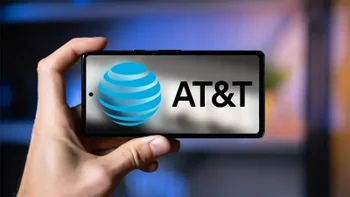
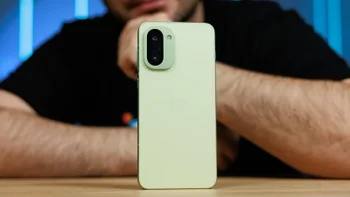

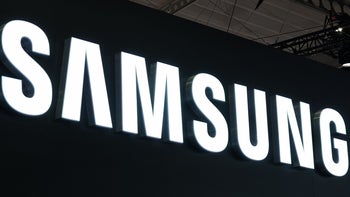
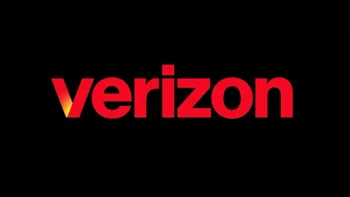
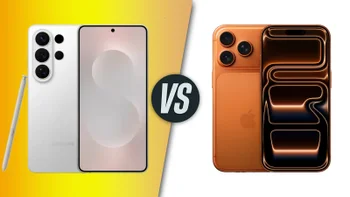
Things that are NOT allowed:
To help keep our community safe and free from spam, we apply temporary limits to newly created accounts: